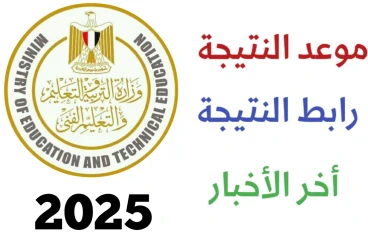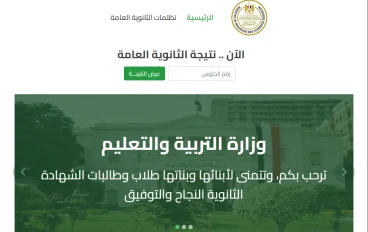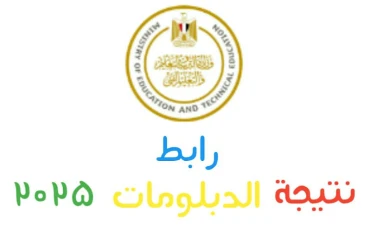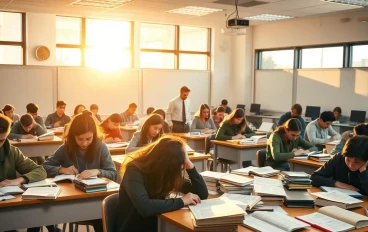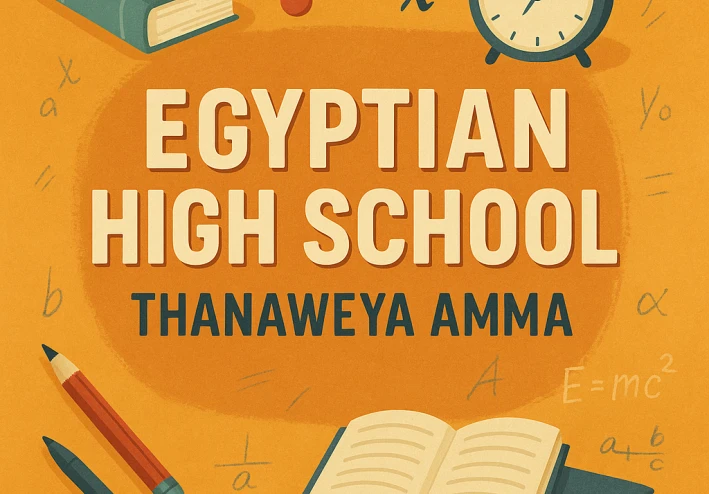
Thanaweya Amma: The Gate to Higher Education in Egypt
Historical Background
The Thanaweya Amma system has existed in Egypt since the early 20th century. Originally modeled after European education systems, it was intended to create a standardized framework for assessing secondary school students across the country. Over time, it evolved into a high-stakes exam-driven system, where a student’s final score determines their eligibility for various university programs—such as medicine, engineering, and law.
For decades, this system has been deeply embedded in Egyptian culture. Entire families often revolve their lives around a student’s success in Thanaweya Amma, seeing it as the sole path to upward mobility and social recognition.
Structure and Streams
Thanaweya Amma typically consists of two academic years:
Grade 11 (First Secondary)
Grade 12 (Second Secondary)
In Grade 11, students select one of two main tracks:
Scientific Track
Divided into: Mathematics and Science (Biology, Physics, Chemistry, etc.)
Literary Track
Focused on: Arabic language, History, Geography, Philosophy, Sociology, etc.
Each track has a specific curriculum designed to prepare students for university studies aligned with their academic strengths and interests.
The Final Exams
The highlight of Thanaweya Amma is the final standardized examination held at the end of Grade 12. These exams are:
National and centralized by the Ministry of Education.
Taken by hundreds of thousands of students simultaneously.
Composed of multiple high-stakes subjects.
The exam score is usually calculated out of 410 and is used to determine university placement through the Tansik (centralized coordination system). The higher the score, the more likely a student can enroll in top-tier faculties such as:
Faculty of Medicine
Faculty of Engineering
Faculty of Economics and Political Science
Faculty of Pharmacy
Social and Psychological Pressure
The pressure of Thanaweya Amma is not just academic—it’s deeply emotional. Students are expected to:
Study for long hours every day.
Take expensive private lessons in almost every subject.
Meet extremely high expectations from parents, teachers, and society.
This pressure has led to:
Increased levels of stress, anxiety, and depression.
Sleep deprivation and unhealthy lifestyle habits.
A mindset where grades outweigh actual learning.
In many homes, life during Thanaweya Amma revolves entirely around the student: social events are postponed, TV usage is minimized, and family routines are reshaped to create the “perfect” study environment.
Economic Impact
Due to the intense competitiveness of the exams, many families invest heavily in private tutoring centers, which are seen as essential to passing. This has created a parallel education system outside schools, costing families thousands of Egyptian pounds annually.
Teachers who are more successful in the private sector often leave schools under-resourced, further fueling reliance on external help. This has led to concerns about:
Educational inequality.
The declining quality of public school education.
The financial burden on low-income families.
Recent Reforms and Challenges
The Egyptian government has attempted to reform Thanaweya Amma to reduce memorization and promote critical thinking. Some changes introduced include:
Open-book exams.
Digital testing using tablets.
Introduction of multiple-choice formats instead of essay-based questions.
Reducing the weight of final exams by considering performance throughout the year.
However, the reforms faced strong resistance from students, parents, and even educators. Many felt unprepared for the sudden shift in learning style and technology. Inconsistent application of reforms and unclear communication made implementation even more difficult.
Criticisms of Thanaweya Amma
Critics argue that Thanaweya Amma:
Encourages rote learning instead of understanding.
Places extreme pressure on students’ mental health.
Unfairly determines a student’s future based on a few exam days.
Promotes social inequality due to the tutoring industry.
Educators and reform advocates continue to call for a more balanced, skill-based evaluation system that measures long-term learning and individual talents rather than a single high-stakes score.
Looking Ahead: The Future of Secondary Education in Egypt
The ideal future for Thanaweya Amma lies in:
Holistic student assessment.
Well-trained, fairly paid teachers.
Strong, well-equipped public schools.
Curriculums that teach critical thinking, research, and creativity.
More importantly, Egyptian society must reframe how it defines success—not just by university admissions, but by personal growth, passion, and contribution to community and country.

























